Fluid Restriction Diet
Imagine you're a gardener, and your body is the garden. Just as you wouldn't drown your plants, you wouldn't over-hydrate your body, right? That's where a fluid restriction diet comes in.
It's not just about drinking less; it's about maintaining balance. It's crucial, especially if you're battling conditions like heart failure or kidney disease.
We'll guide you on this journey, providing evidence-based strategies to manage your fluid intake effectively.
Ready to cultivate your healthiest garden? Let's dive in and make sure you have proper hydration.

Jump to:
- Key Takeaways
- Understanding the Purpose of a Fluid Restriction Diet
- Fluid Restriction and Its Impact on Heart Failure Patients
- The Role of Fluid Restriction in Managing Hyponatremia
- Evaluating the Effectiveness of Fluid Restriction
- Importance of Fluid Restriction for Pre-Dialysis Patients
- Identifying Fluids in a Kidney Diet for Fluid Restriction
- Practical Strategies to Limit Fluid Intake
- Tips and Tricks for Successful Fluid Control
- FAQs About Fluid Restriction Diet
- A Fluid Restriction Diet Matters For CKD
Key Takeaways
- Fluid restriction diets are used to manage health conditions like kidney disease or heart failure.
- Personalized fluid plans are essential and medical advice should be sought before starting.
- Fluid restriction helps maintain a balanced ratio of water to electrolytes and can be effective in managing hyponatremia.
- Fluid restriction is recommended for heart failure patients to prevent symptoms from worsening.
For More Recipes and Ideas --->> Get Your Free Meals and Recipes That Are Perfect for Pre-Dialysis Diets, Pre-Dialysis with Diabetes, or Dialysis Diets.
Understanding the Purpose of a Fluid Restriction Diet
You might be wondering why someone would need to follow a fluid restriction diet. It's primarily used to manage certain health conditions, like kidney disease or heart failure, where the body struggles to remove excess fluid and pay attention to fluid allowances. If you deal with excessive thirst, then it's important to start understanding the purpose of a fluid diet.
Purpose Behind Fluid Restriction
In managing certain health conditions, it's crucial to understand the purpose behind a fluid restriction diet. Dietary modifications like these help maintain your hydration balance and dispel fluid restriction and fluid limits myths.
It's not about dehydrating you, rather it's about controlling fluid intake to prevent complications. Over hydration can be as detrimental as dehydration, posing risks such as edema or heart failure. However, indiscriminate fluid restriction can lead to dehydration risks.
That's why personalized fluid plans are essential. These plans consider your health status, lifestyle, and hydration needs.
Diet's Impact on Health
All the diets you've tried before, both restrictive and nonrestrictive, impact your health in multiple ways, and understanding the purpose of a fluid restriction diet helps you make informed decisions about your hydration needs.
It's crucial to consider the dietary impacts and health implications of this diet, as it can significantly affect your nutrient balance, metabolic changes, and weight regulation.
While restricting fluid intake might help some, it's not a one-size-fits-all solution. This diet requires careful monitoring, as incorrect implementation could lead to dehydration or electrolyte imbalances. It's essential to seek medical advice before starting.
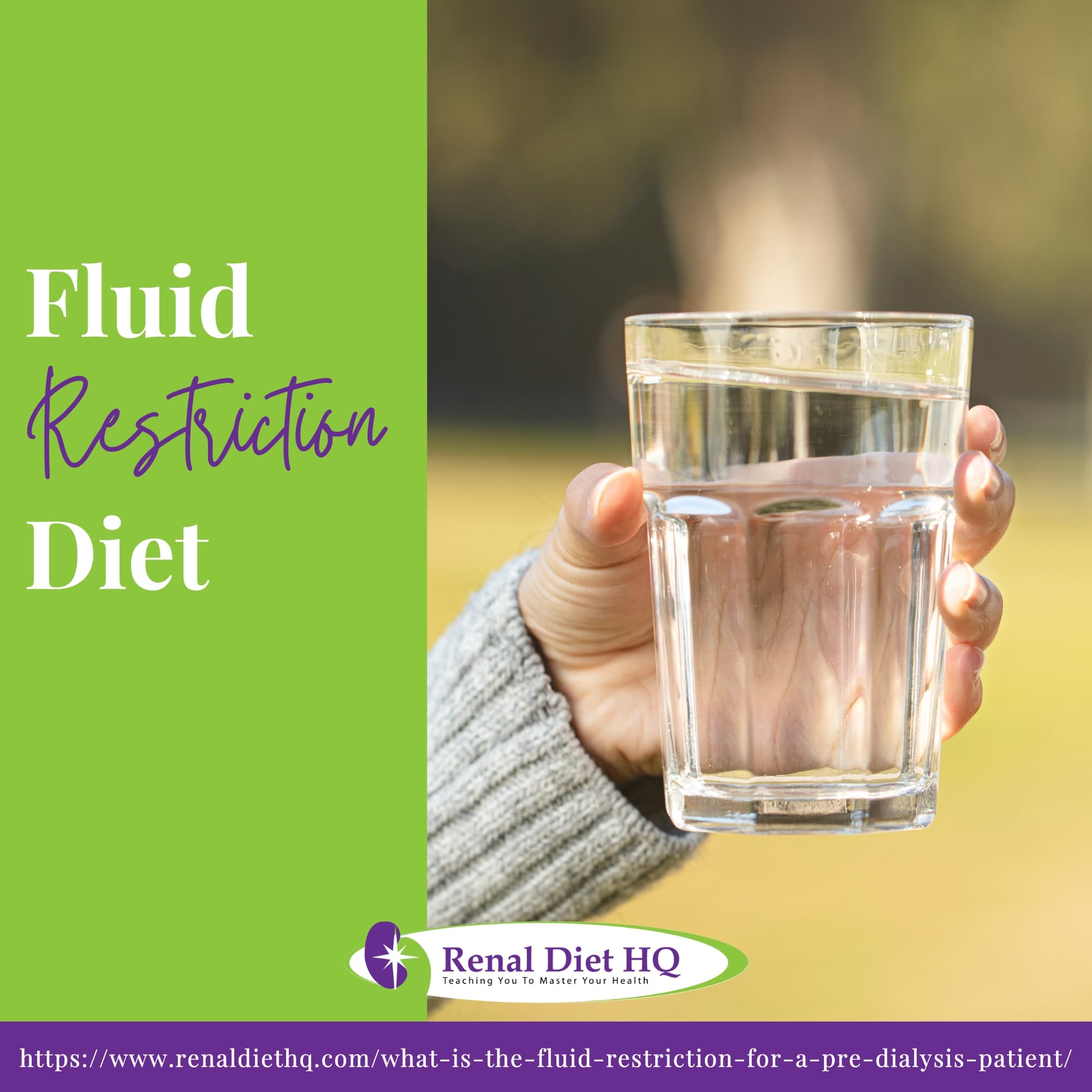
Fluid Restriction and Its Impact on Heart Failure Patients
Let's delve into how fluid restriction can significantly affect heart failure patients. While Heart Failure Hydration is crucial, there are several Hydration Myths that suggest over-hydration is beneficial. In reality, it can overwork the heart, leading to a decrease in Heart Performance Optimization.
Contrary to popular belief, fluid restriction is often recommended for heart failure patients. Excess fluid can strain the heart, worsening heart failure symptoms. Therefore, maintaining a careful balance is key.
It's not about promoting dehydration, as there are real dehydration dangers. Instead, it's about managing fluid intake to optimize heart performance.
Lifestyle modifications play a critical role in managing heart failure. This includes monitoring fluid intake, reducing sodium in the diet, and maintaining a healthy weight. It's important not to confuse thirst with hunger, as overeating can also lead to fluid retention.
The Role of Fluid Restriction in Managing Hyponatremia
You're about to explore the role of fluid restriction in managing hyponatremia, where understanding and balance become crucial allies in this health journey. This method is often employed as a means of hyponatremia prevention, aiming to stabilize sodium levels in your body.
Fluid restriction is a strategy to limit the intake of liquids, helping to maintain a balanced ratio of water to electrolytes. This is especially important as hyponatremia, a condition characterized by low sodium levels, can trigger symptoms such as nausea, headache, confusion, and in severe cases, even coma or death.
Remember, while fluid restriction aids in balancing sodium levels, it's essential to monitor for dehydration risks. The goal isn't to significantly reduce fluid intake, but to ensure it's adequately adjusted to your body's needs.
Diuretics influence this balance as they increase urine production, potentially leading to further dehydration. Therefore, if you're on diuretics, your healthcare provider may adjust your fluid restriction plan accordingly.
Understanding the cause of your hyponatremia, be it medication, heart failure, or other health conditions, is fundamental in creating an effective treatment plan. Your role in managing your health is vital, and this knowledge empowers you to take active steps towards improvement.
Evaluating the Effectiveness of Fluid Restriction
In order to evaluate the effectiveness of your fluid restriction diet, you'd need to track your symptoms and consult with your healthcare provider regularly. This involves debunking fluid restriction myths and understanding the risks of dehydration while dealing with kidney function.
It's a myth that everyone needs eight glasses of water a day, for instance. Your fluid needs depend on various factors such as health conditions and physical activity.
Dehydration risks are a significant concern. If you feel constantly thirsty, have dry mouth, or show signs of fatigue, you might be taking your fluid restriction too far. Regular check-ins with your healthcare provider can help adjust your fluid intake safely.
The psychological effects and social implications of fluid restriction shouldn't be overlooked. It can be challenging to curb your fluid intake, especially during social occasions. It's vital to communicate your needs to those around you and seek support when needed.
Moreover, consider diet variation possibilities. Including foods with high water content can supplement your hydration needs. Always remember, achieving a balance is key.
With careful monitoring and professional guidance, you can effectively manage your fluid intake and maintain a healthy lifestyle.
Importance of Fluid Restriction for Pre-Dialysis Patients
Understanding the importance of fluid restriction for pre-dialysis patients is crucial for your health management. Research shows that controlling fluid intake before dialysis can significantly reduce the risk of complications during and after the treatment.
Let's explore how you can effectively manage your fluid consumption and the potential benefits it can bring to your overall well-being.
Pre-Dialysis Patients' Fluid Restriction
Before you reach the stage of needing dialysis, it's crucial to manage your fluid intake carefully. Diet adherence is key in this phase, and it may require lifestyle adjustments.
The patient experiences will vary, and the caregiver role becomes essential. Cultural influences could also impact how you approach this dietary change.
Here's a table detailing two significant aspects of pre-dialysis fluid restriction:
| Aspect | Details |
|---|---|
| Patient Experiences | Patients might face challenges like thirst, but adherence leads to better health outcomes. |
| Caregiver Role | Caregivers can help monitor fluid intake, provide emotional support, and educate about the importance of restriction. |
| Lifestyle Adjustments | This might involve changing drinking habits and understanding fluid content in various foods. |
| Cultural Influences | Dietary habits influenced by culture may need alteration to fit the fluid restriction requirements. |
| Diet Adherence | Strict adherence to fluid restriction can delay the need for dialysis and improve life quality. |
Managing Fluid Intake Pre-Dialysis
You'll find that managing your fluid intake effectively can significantly postpone your need for dialysis, making it an essential part of your pre-dialysis care. Striking a hydration balance is vital, and it begins with accurate fluid measurement. This isn't simply about drinking less, but making mindful dietary adjustments to control your fluid levels.
Foods high in water content, like fruits and vegetables, also count towards your daily fluid intake. By limiting these, along with beverages, you can contribute to improving your renal health. Regular check-ins with a dietitian can help facilitate this process, ensuring your diet supports your health goals.
Identifying Fluids in a Kidney Diet for Fluid Restriction
When managing a kidney diet for fluid restriction, it's critical to identify fluids within your food intake. This task not only involves monitoring your beverage consumption but also recognizing fluid-rich fruits and vegetables.
Use caution with certain foods, as they can significantly contribute to your overall fluid intake.
Counting Fluids in Foods
Although, it's not always obvious, you need to count even the fluids that come from your food when you're on a fluid restriction diet. Soups and hydration are closely related, and dehydrating foods can help reduce fluid intake.
Juicing considerations are important because juices are essentially fluids, and moisture rich meats can contribute significantly to your fluid intake. Dietary diuretics can impact your fluid balance.
| Food Type | Considerations |
|---|---|
| Soups and Hydration | High in fluid, choose low sodium, broth-based |
| Dehydrating Foods | Dry foods like nuts, reduce fluid intake |
| Juicing | Essentially fluid, count in your intake |
| Moisture Rich Meats | Contains fluid, incorporate in total |
| Dietary Diuretics | Can affect fluid balance, use wisely |
Fluid-Rich Fruits and Vegetables
By including fluid-rich fruits and vegetables in your diet, you're inadvertently increasing your fluid intake, which can be a challenge when adhering to a fluid restriction diet.
For instance, watermelon hydration is significant as it's composed of 92% water. So, be mindful of your portions.
Similarly, cucumbers have immense benefits, but they're 96% water. Juicy pears also add to your fluid intake, given their high water content.
Then there are the benefits of oranges, which are 87% water. Grapefruit intake should also be monitored as they're 88% water. If you are really desperate and can't get to fruits and vegetables, then eat ice chips! because it's extra fluid for you and helps you to avoid watery fruits!
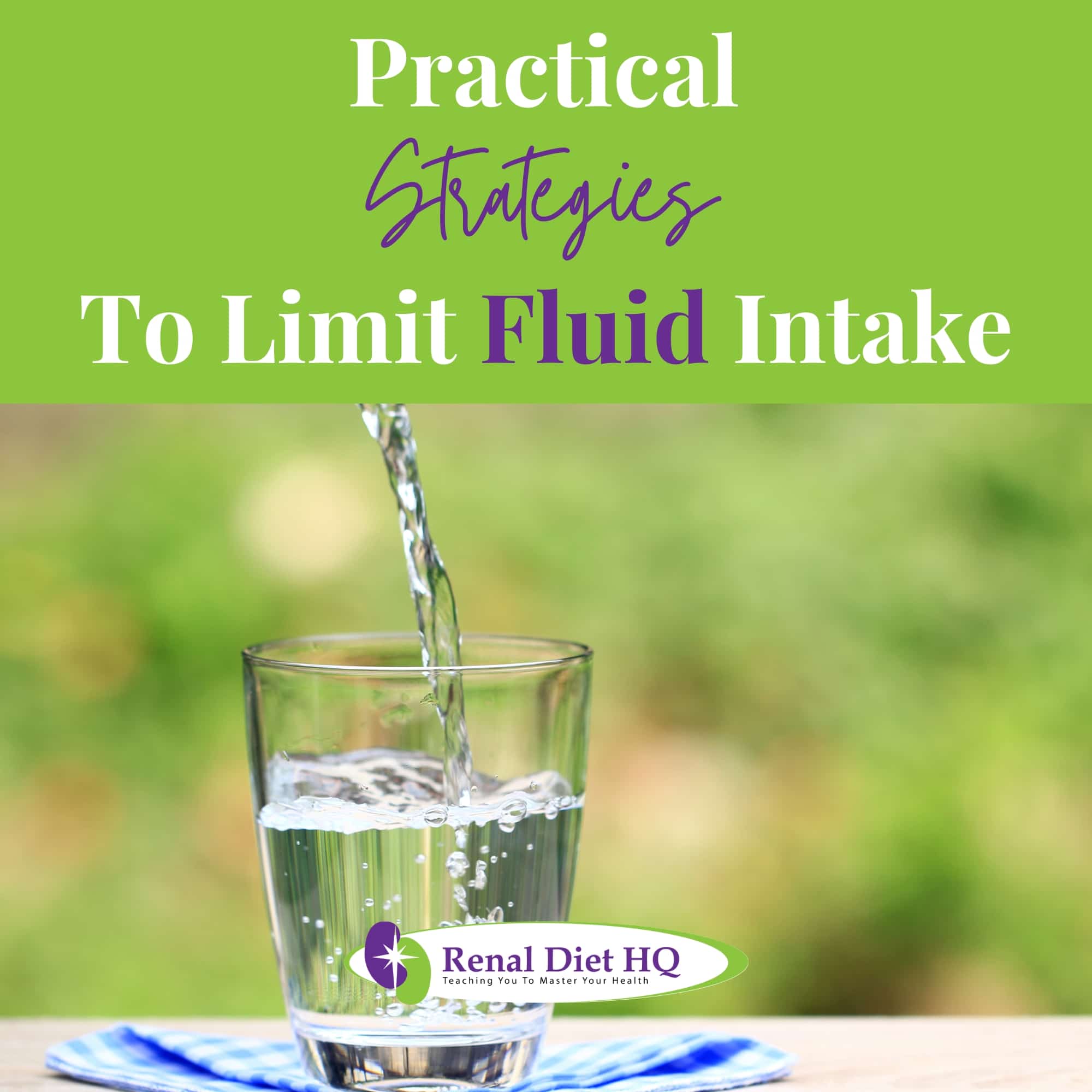
Practical Strategies to Limit Fluid Intake
You'll need to consider some practical strategies to limit your fluid intake, which is vital in a fluid restriction diet.
One method is avoiding thirst-provoking foods, which can inadvertently increase your fluid consumption.
You can adopt innovative thirst management techniques to help control your thirst effectively. Always pay attention to your liquid limits.
Avoiding Thirst-Provoking Foods
In your journey towards a successful fluid restriction diet, it's crucial to steer clear of the foods that can trigger an increased thirst response. Thirst triggers, such as high salt consumption, can lead to an increased need for fluids and challenge your efforts for dehydration prevention.
The impact of spicy food is similar, stimulating your thirst mechanism, and causing you to drink more. Alcohol, too, can have profound effects. It acts as a diuretic, causing your body to lose more fluid, thus increasing your thirst.
Innovative Thirst Management Techniques
Let's explore some innovative thirst management techniques that can help you effectively limit your fluid intake. Understanding thirst psychology is key.
Dehydration symptoms might trick you into thinking you need more fluid than you do. Dry mouth remedies, such as chewing sugar-free gum, can help manage this sensation.
Consider hydration alternatives. Not all fluids are created equal, and some can quench your thirst better than others. Thirst quenching foods, like watermelon or cucumber, can also be a great help.
Here's a quick guide:
| Technique | Example | Benefit |
|---|---|---|
| Thirst psychology | Recognize false thirst signals | Avoid overhydration |
| Dehydration symptoms | Keep track of actual needs | Manage fluid intake |
| Dry mouth remedies | Sugar-free gum | Alleviate dry mouth |
| Hydration alternatives | Drink herbal tea instead of water | Quench thirst effectively |
| Thirst quenching foods | Eat watermelon or cucumber | Stay hydrated with less fluid |
Tips and Tricks for Successful Fluid Control
Managing your fluid intake can be a challenge, but with the right techniques, it's more than achievable.
Implementing effective thirst-reducing tactics and consistently tracking your daily fluid intake are critical steps for successful fluid control.
Let's discuss how you can integrate these strategies into your daily routine for better health outcomes.
Effective Thirst-Reducing Tactics
You're likely wondering about ways to curb your thirst when on a fluid restriction diet, and that's exactly what we'll explore in this section.
Understanding the psychology of thirst is key. Often, your body can misinterpret hunger for thirst, skewing your hydration perception. Mindful drinking, consciously savoring each sip, can help you feel more satisfied.
Prepare thirst quenching recipes like cucumber-infused water or iced herbal tea, offering flavor without substantial liquid.
Knowing dehydration symptoms is crucial. If you experience a dry mouth, fatigue, or dizziness, your fluid intake might be too low, necessitating a consultation with your healthcare provider.
Tracking Daily Fluid Intake
To successfully control your fluid intake, it's essential to keep a close track of every single drop you consume throughout the day. Hydration monitoring can help maintain a healthy fluid balance, reducing dehydration risks. Consider investing in a smart water bottle that tracks your intake or use an app specifically designed for this purpose.
Water alternatives, like herbal tea or broth, can add diversity to your fluid sources and help you stick to your fluid restriction diet. Carefully measure these alternatives to ensure they fit within your daily limit.
Dietary modifications can also play a key role. Opt for water-rich foods like cucumber or watermelon, but remember to include their water content in your daily tally. The goal is meticulous tracking for successful fluid control.
FAQs About Fluid Restriction Diet
Managing diabetes involves careful insulin adjustment and blood sugar control.
If you're not properly hydrated, it can disrupt these processes, potentially leading to increased ketone production.
This can escalate to diabetic ketoacidosis, a serious condition.
Therefore, maintaining appropriate hydration levels is crucial in diabetes management.
However, it's important to note that any dietary changes, including fluid intake, should be discussed with a healthcare provider to ensure they're safe and suitable for your individual health needs.
You might experience several risks and side effects when limiting your fluid intake. Kidney impact could be significant, as they need adequate fluids to function properly. Dehydration risks increase, leading to headaches, fatigue, and dry skin.
Electrolyte imbalances might occur, causing muscle cramps and heart palpitations. Concentration issues can arise from lack of hydration.
Lastly, digestive problems, like constipation, could result from insufficient fluid.
Always consult a healthcare professional before starting such a regimen.
When you start a new diet, several challenges can arise. Sticking to it, or diet adherence, can be tough.
Planning meals around specific requirements isn't always easy. You might worry about dehydration concerns, especially if you're used to drinking more fluids.
Social challenges can pop up too, particularly at gatherings with food and drinks.
Lastly, the emotional impacts of restricting what you consume can be significant. It's essential to address each issue to make your dietary shift successful.
You're asking if certain age groups might benefit more from a specific diet.
Yes, older adults, especially those with kidney health issues or heart conditions, may find it beneficial.
However, maintaining hydration levels is crucial, and diet compliance can be challenging.
It's essential to monitor fluid intake accurately.
Always remember, everyone is unique and what works for one mightn't work for another.
If you struggle with a medical condition, high blood pressure, or high levels of sodium, then a fluid restriction diet can work wonders for those with end-stage renal disease.
A Fluid Restriction Diet Matters For CKD
In the end, managing your fluid intake isn't just about quenching your thirst, it's about taking the reins of your health. It's like steering a ship in a storm, challenging but crucial.
With knowledge and practical strategies, you can navigate this fluid restriction journey successfully. Remember, it's not just about the quantity, but the quality of fluids that matters.
With the right balance, you can ensure your heart, kidneys, and overall health stay in shape.




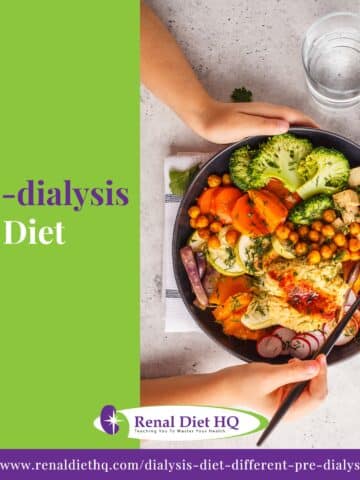
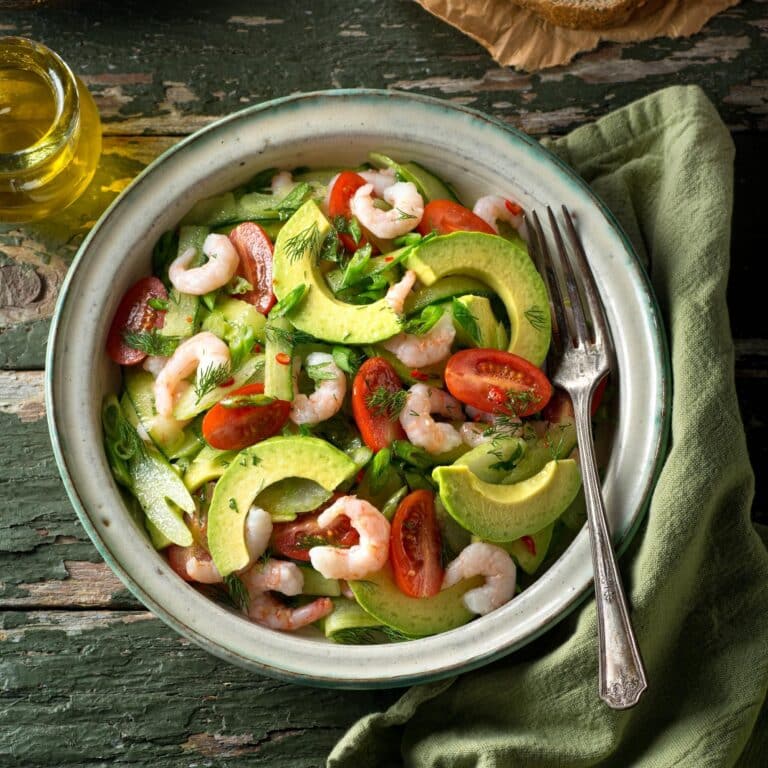
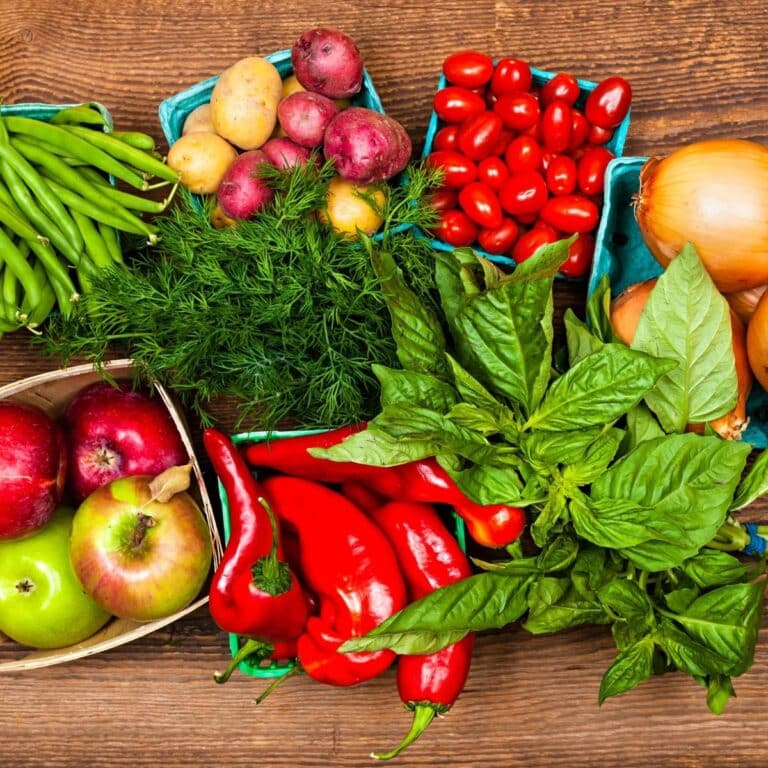
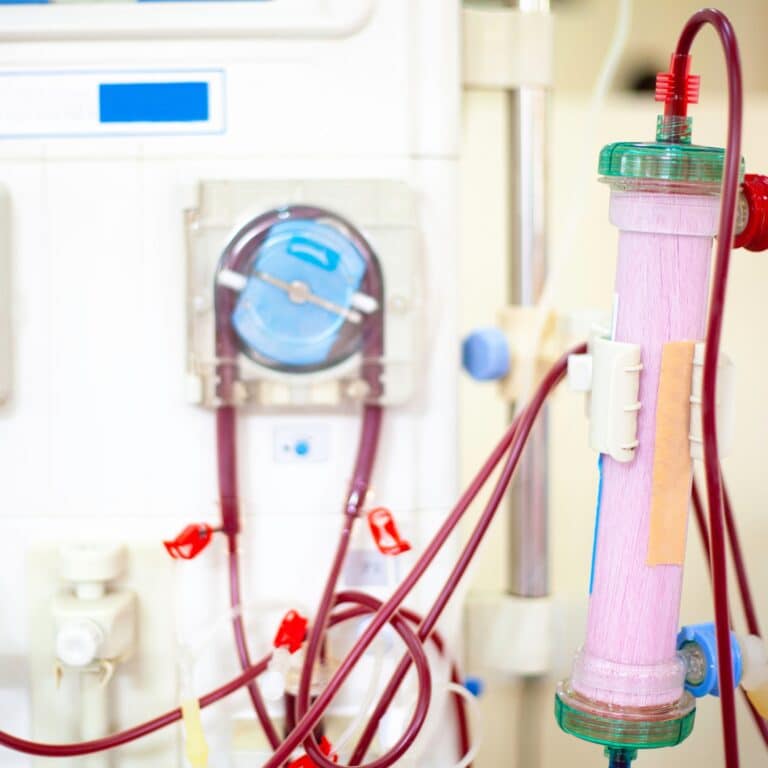






Simple and informative. Thank you